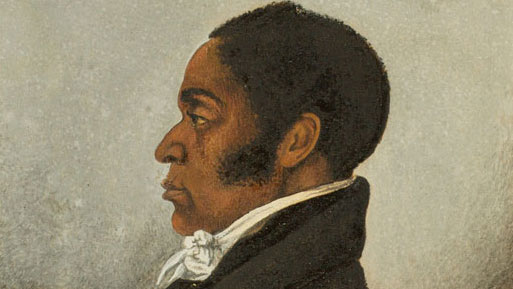
Mother Jones illustration
In my latest video, I tackle the controversy surrounding Florida’s teaching standards. These new guidelines, approved last month, sparked an avalanche of criticism by suggesting that enslaved Americans “developed skills which, in some instances, could be applied for their personal benefit.” Although Florida Gov. Ron DeSantis tried to distance himself from the new rules, saying, “I wasn’t involved,” he also defended them. “That means they developed skills in spite of slavery, not because of slavery,” DeSantis told NBC. “It was their demonstration of resourcefulness, using those skills once slavery ended.”
My first reaction to this attempt to rewrite, redeem, and sanitize slavery was: WTF? It’s blatantly anti-Black and should be recognized for what it truly is: white supremacy. This scandal also compelled me to grab my camera and visit the Tennessee State Capitol in Nashville, where I live, for a history lesson of my own.
Given the undeniable suffering of enslaved Black people, you have to wonder why anyone would want to find a silver lining in such a dark history…@garrison_hayes takes us to school and debunks Florida's slavery argument in 120 seconds. pic.twitter.com/X2zFyZmgas
— Mother Jones (@MotherJones) August 11, 2023
The Capitol stands as a poignant testament to the deeply flawed logic behind Florida’s new standards. This structure was built with the labor of about 15 enslaved men. These men possessed profound expertise, especially in intricate tasks like carving out the Capitol’s limestone cellar. Their craftsmanship was held in such high regard that the enslaver who “owned” them, A.G. Payne, was compensated more than double the rate a free white laborer could demand. But emancipation did not lead to prosperity, from what I could gather from the sparse historical record. Far from it. Despite their significant contribution to one of Tennessee’s most iconic buildings, they, along with their descendants, faced poverty and systemic oppression.
As my colleague Michael Mechanic pointed out recently, many states, including Florida, did all they could to stomp on the social and economic rights of Black people: “After emancipation, the former Confederate states crafted new constitutions—later dubbed ‘Black codes’—that strictly limited the ability of emancipated slaves to apply whatever skills they’d serendipitously acquired while enslaved.”
Given the undeniable suffering, you have to wonder why anyone would want to find a silver lining in such a dark history.















